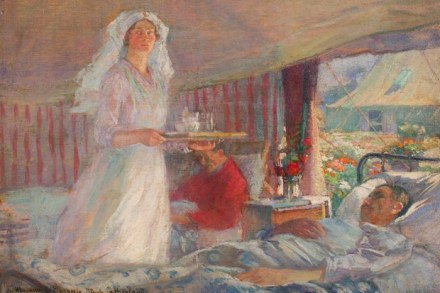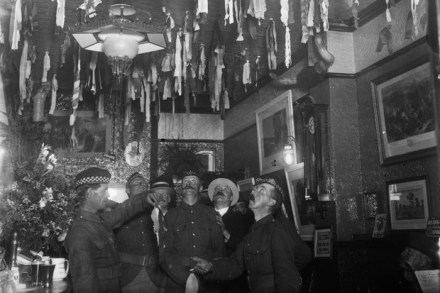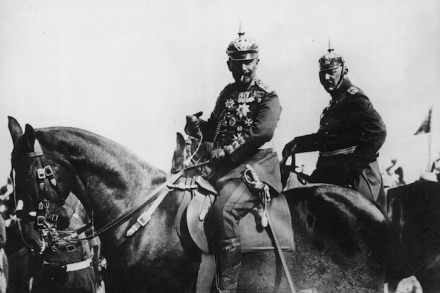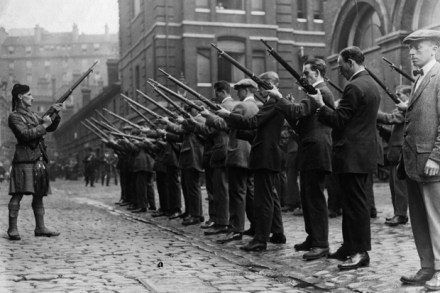The Spectator at war: Fairly well, so far
From The Spectator, 12 September 1914: WE are not going to begin shouting before we are out of the wood. We say this out of no foolish superstition that it is unlucky to do so, but for the very plain and good reason that we are not out of the wood, though we admit that during the week things have gone fairly well, and that the prospects look somewhat brighter. But even so our success may well turn out to be temporary. Indeed, we might almost say that in one sense it is certain to prove temporary, because a campaign with fairly equal forces such as are now arrayed against


















